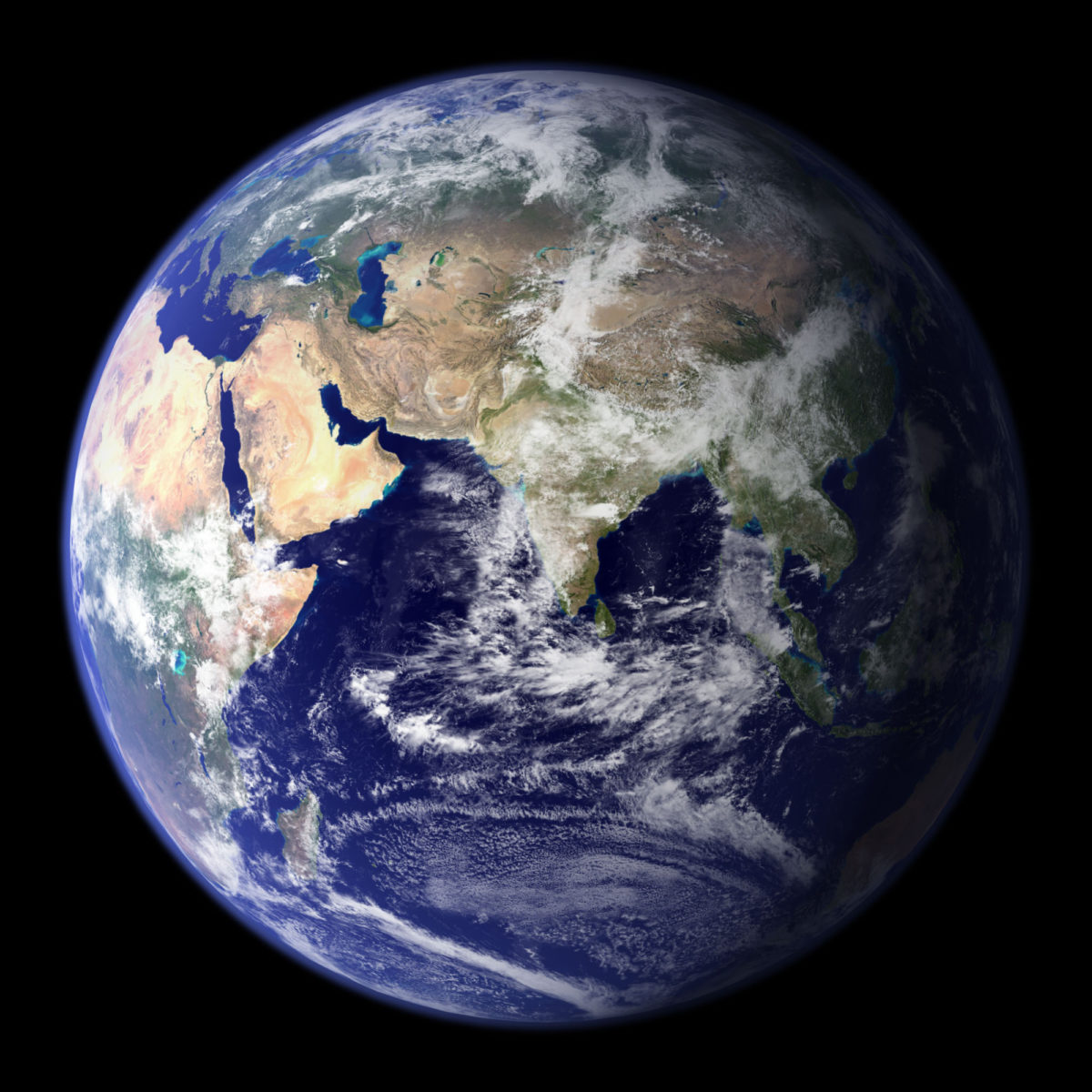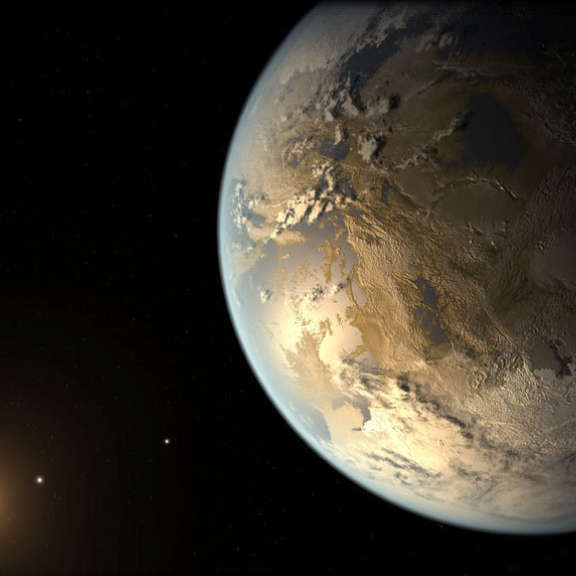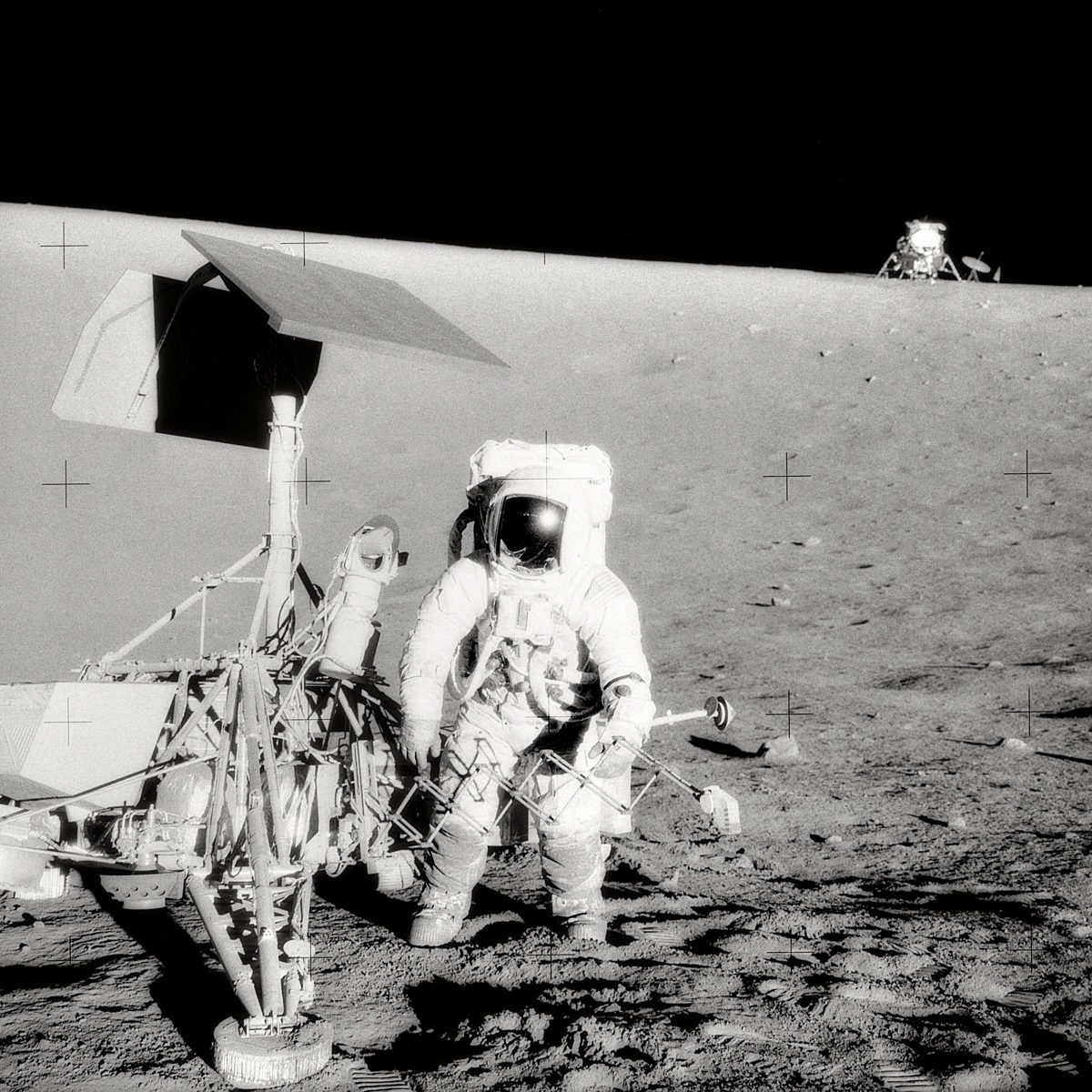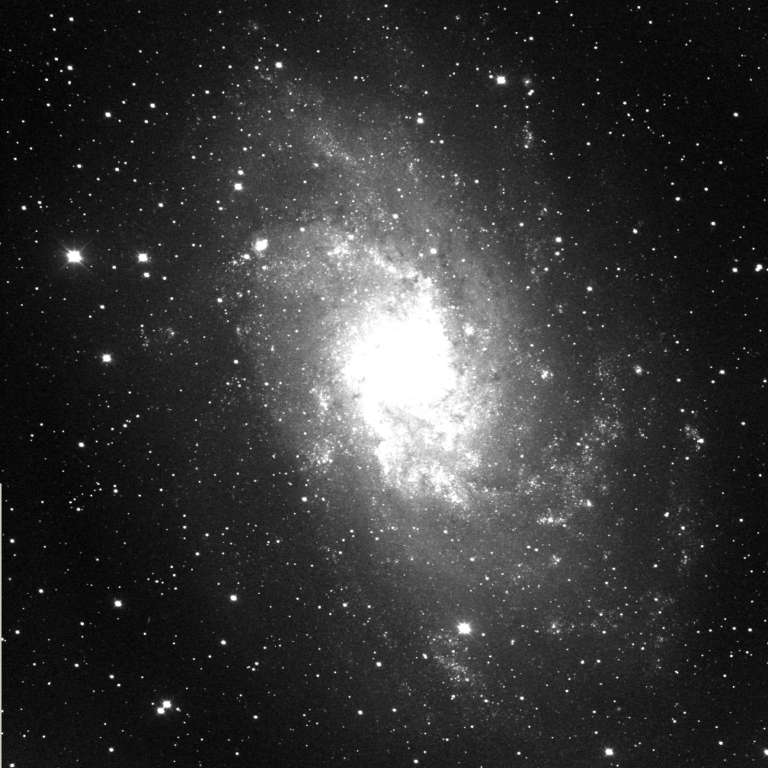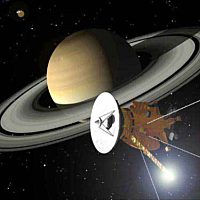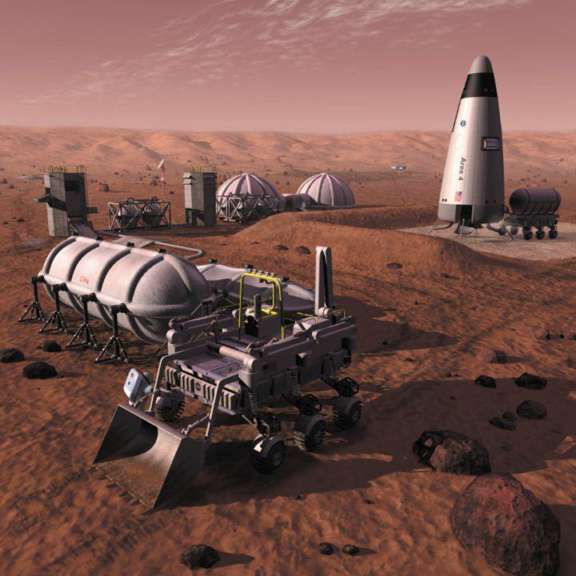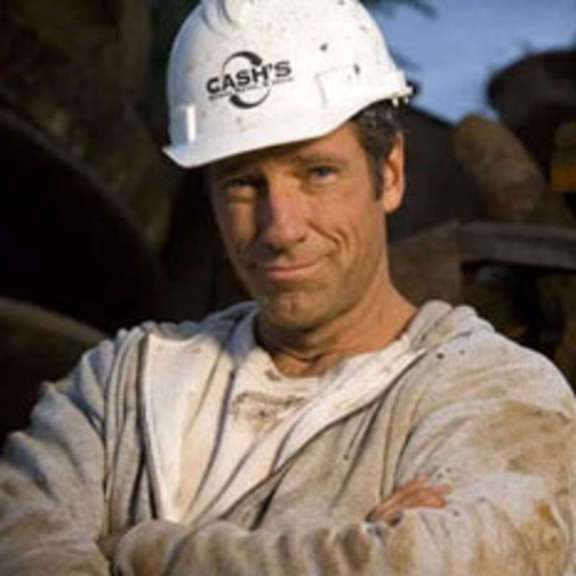Since 2002, Planetary Radio has visited with a scientist, engineer, project manager, advocate, or writer who provides a unique perspective on the quest for knowledge about our Solar System and beyond. The full show archive is available for free.
Search Planetary Radio
Harvard’s Henry Lin led work that determined the soon-to-be-launched James Webb Space Telescope may be able to detect an alien civilization by analyzing its atmosphere.
Venus Express Project Scientist Håkan Svedhem tells us about the spacecraft’s harrowing descent into the Venusian atmosphere, what it is currently up to, and what he’d like to see next at that forbidding planet.
In his 55 years as NBC’s space correspondent, Jay Barbree has won the respect and friendship of many astronauts. Neil Armstrong stands above them all. Now Jay has created this very personal chronicle about his friend, with help from Neil and many of the other pioneering spacefarers.
They have generated excitement, enthusiasm and support throughout the world. The ISEE-3 Reboot Project has succeeded in gaining control over the 36-year old spacecraft, but will they be able to move it?
LightSail, the Planetary Society’s innovative solar sail cubesat, will ride into space on the huge SpaceX Falcon Heavy, now in development. Bill Nye and others join us for a live celebration of this announcement.
Cornell grad student Jason Hofgartner reports on the discovery of what appears (and disappears!) to be an island on one of Titan’s frigid lakes.
There’s so much we don’t know about the origin of life here or anywhere else in the universe. But there must have been an energy source. Researcher Laurie Barge led work that simulated the natural formation of a fuel cell that may have taken place in Earth’s primordial oceans.
Kepler-186f is the very first exoplanet that is both the size of our own world and in the habitable zone surrounding its star. SETI Institute scientist Elisa Quintana is lead author of the paper announcing its existence.
The National Research Council released its long-awaited report June 4th. Distinguished space policy analyst John Logsdon returns to Planetary Radio with his take on this latest attempt to determine the proper role of humans in space.
Astronomers Without Borders Founder and President Mike Simmons and his colleagues share the passion, beauty and joy of the night sky from Argentina to Zambia.
Cassini Project Scientist Linda Spilker joins us at the first Starlight Festival in Big Bear Lake, California, and festival MC Andre Bormanis makes a bonus appearance on the show.
Planetary Radio visited Spacefest in Pasadena to talk with planetary scientist and space artist Dan Durda, Marc Rayman of the Dawn asteroid mission, and a guy who calls himself the Space Cowboy. We also eavesdrop on Apollo 17 Commander Gene Cernan and his lifelong fan, Griffith Observatory Curator Laura Danly.
Planetary Radio visits the 33rd ISDC to talk with three explorers who’ve set their sights on the Red Planet: MD and space medicine researcher Susan Jewell, Meteorite Man Geoff Notkin, and Mars Program Formulation Office Manager at the Jet Propulsion Laboratory, Charles Whetsel.
NASA has just published
Planetary Radio host Mat Kaplan learns why Director of Advocacy Casey Dreier is cautiously optimistic about the budget outlook for planetary science and exploration, so long as Planetary Society members and others keep making their voices heard in the nation's capitol.
The host of COSMOS: A Spacetime Odyssey, returns to our show with a behind the scenes look at the spectacular television series.
Join us at the world’s biggest public science event in Washington DC, where we talk about dirty jobs in space with television’s terrific Mike Rowe.
Finally found: an Earth-sized planet in the habitable zone. You’ll hear lead scientist Elisa Quintana make the announcement. Then OSIRIS REx mission Principal Investigator Dante Lauretta will tell us how the spacecraft will return a sample of material from the birth of the solar system.
Join the party as we celebrate the 53rd anniversary of humanity’s transition to spacefaring species with Yuri’s Night Executive Director Loretta Hidalgo Whitesides, Virgin Galactic CEO and Yuri’s Night co-founder George Whitesides, and astronaut Ron Garan, who heads Fragile Oasis.
You may have heard that the sometimes deadly Salmonella bacterium becomes stronger in microgravity. Cheryl Nickerson tell us about this and other results her team has conducted in low Earth orbit.


 Explore Worlds
Explore Worlds Find Life
Find Life Defend Earth
Defend Earth








